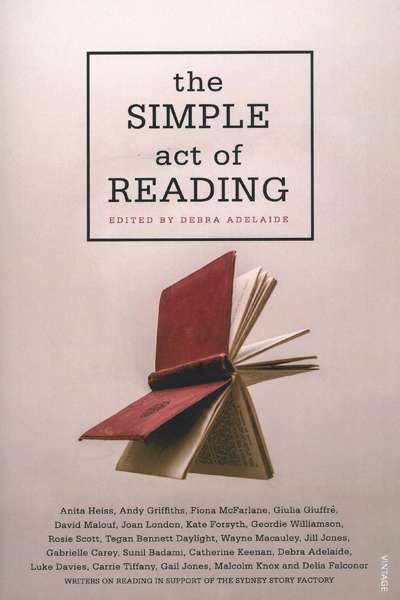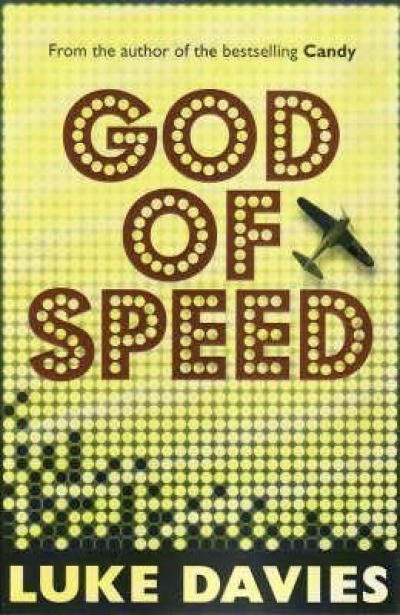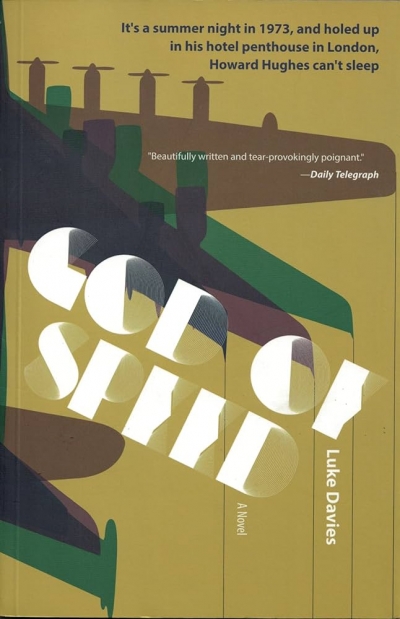Luke Davies
Sign up to Book of the Week and receive a new review to your inbox every Monday. Always free to read.
Recent:
More than 700 poets entered this year's Peter Porter Poetry Prize; just over 200 of these entries came from overseas. The judges were Luke Davies, Lisa Gorton and Kate Middleton. They completed their judgement without knowing the name, gender, background or nationality of any entrant.
This prize honours Peter Porter and its judges seek to honour him not only in name but in principle: by ...
In this bonus episode of Poem of the Week Peter Rose interviews two judges of the 2016 Peter Porter Poetry Prize – Lisa Gorton and Luke Davies – about the judging of the prize and honouring the legacy of Peter Porter.
... (read more)The Simple Act of Reading edited by Debra Adelaide
Jennifer Maiden's The Fox Petition: New Poems (Giramondo) conjures foxes 'whose eyes were ghosts with pity' and foxes of language that transform the world's headlines
... (read more)It is tempting to draw parallels between Anton Corbijn’s Life and the director’s own personal history, in particular his series of striking 1979 black-and-white photographs of UK band Joy Division. The Dutch photographer, upon hearing the band’s first album, Unknown Pleasures, was convinced something great was in the offing, and set out for Engla ...
It is strangely affecting to see people’s lips moving as they sit silently reading to themselves. Apparently, when we read we can’t help but imagine speaking. Even silent reading has its life in the body: seeing words, the part of our brain that governs speech starts working. When we read poetry silently to ourselves, is it our own voice or the poet’s voice that we hear?
... (read more)





